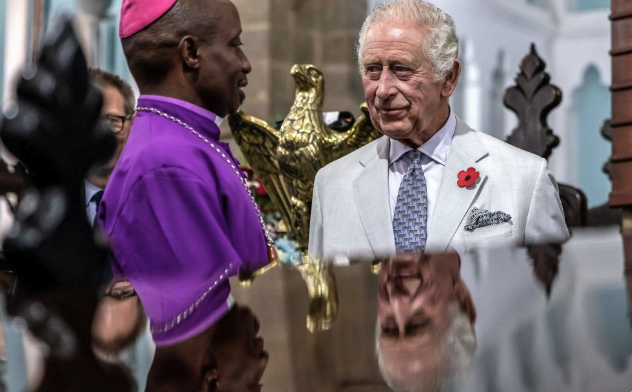All over the globe, in neglected cemeteries, lie Anglican missionaries who left behind home and hearth and family to take the Christian Gospel to distant parts of the world. To borrow the poet Rupert Brooke’s immortal words, there are many corners of many foreign fields that are forever the Church of England. These efforts were at their height in the 19th century, when the expansion of the European empires opened up new possibilities for evangelists.
Such is the root of the Anglican Communion, by some measures the world’s third-largest Christian denomination, originally formed more than 150 years ago. There have always been tensions and disagreements, but two particular transformations — the dissolution of the British Empire, and the rapid spread of liberal moral views in Western churches — have gradually undermined the traditional view that the Archbishop of Canterbury was in some sense the head of the Communion, primus inter pares.
Now it seems that this loss of confidence in Canterbury as the focal point for Anglican unity may be formalised in new plans for the leadership of the Communion. The Times reports that in future the role of head of the Communion may be shared, on a rotating basis, similar to the presidency of the European Council which cycles between EU members.
This kind of development has been on the cards for a very long time. Disagreements over sex, marriage, gender and — to a lesser extent — women’s ordination have laid bare deep and irreconcilable differences between and within various national churches. The Anglican churches of the old “white dominions” of Canada, New Zealand and Australia, as well as America’s Episcopal Church (TEC), have largely yielded, in practice if not in formal doctrine, to the dogmas of social liberalism.
In other nations — those in which a majority of all practising Anglicans live — there has been no such adjustment to post-Sixties norms, and attempts by Anglicans from the developed world to export liberal theology have been regarded, not always unjustly, as a new form of imperialism. Read it all at UnHerd



